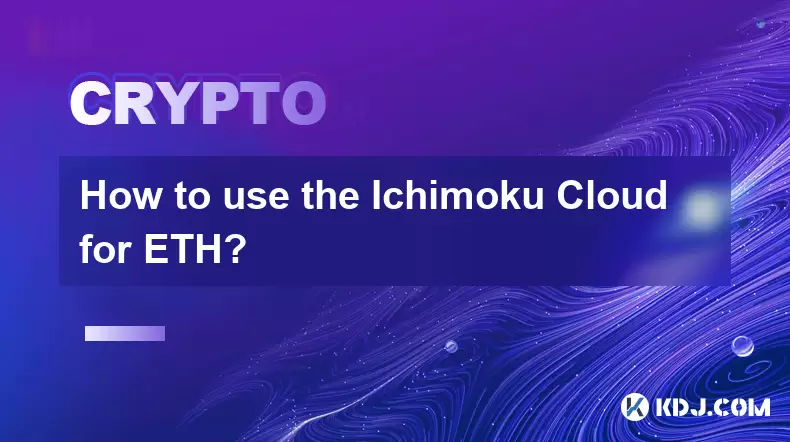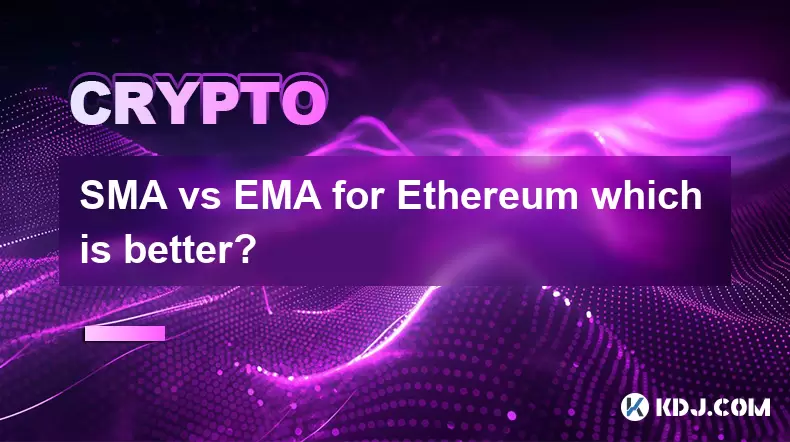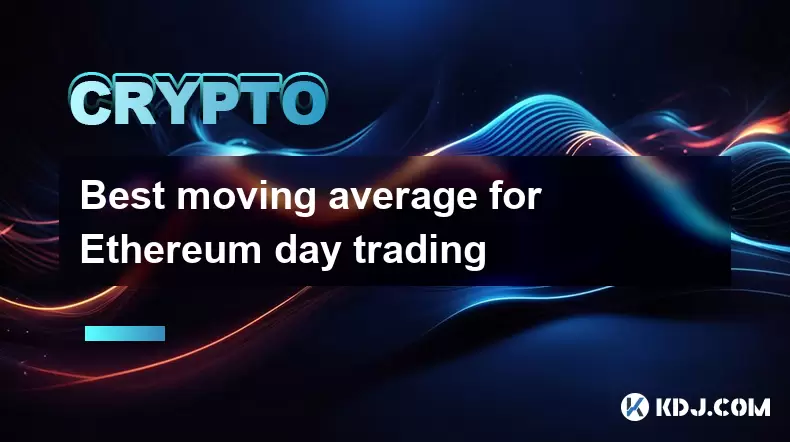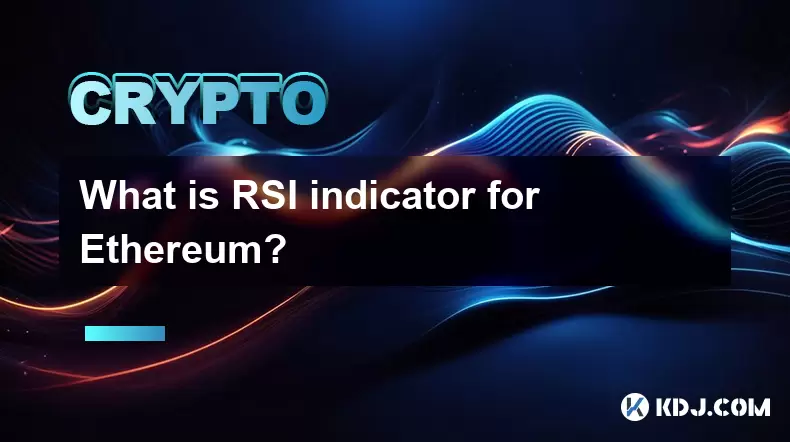-
 Bitcoin
Bitcoin $118000
0.31% -
 Ethereum
Ethereum $3560
-0.99% -
 XRP
XRP $3.435
-0.76% -
 Tether USDt
Tether USDt $1.000
-0.01% -
 BNB
BNB $731.8
-0.96% -
 Solana
Solana $177.3
-0.64% -
 USDC
USDC $0.9999
-0.04% -
 Dogecoin
Dogecoin $0.2419
2.59% -
 TRON
TRON $0.3205
-1.58% -
 Cardano
Cardano $0.8278
0.18% -
 Hyperliquid
Hyperliquid $44.64
0.22% -
 Stellar
Stellar $0.4648
-1.54% -
 Sui
Sui $3.794
-2.00% -
 Chainlink
Chainlink $18.31
2.04% -
 Hedera
Hedera $0.2672
-0.49% -
 Avalanche
Avalanche $24.26
1.57% -
 Bitcoin Cash
Bitcoin Cash $506.9
-1.63% -
 Shiba Inu
Shiba Inu $0.00001474
-0.40% -
 UNUS SED LEO
UNUS SED LEO $8.991
0.23% -
 Litecoin
Litecoin $103.8
0.28% -
 Toncoin
Toncoin $3.183
-2.68% -
 Polkadot
Polkadot $4.298
-0.09% -
 Uniswap
Uniswap $10.08
-1.02% -
 Monero
Monero $325.5
0.60% -
 Ethena USDe
Ethena USDe $1.001
-0.01% -
 Bitget Token
Bitget Token $4.886
-1.39% -
 Pepe
Pepe $0.00001311
-1.56% -
 Dai
Dai $1.000
0.01% -
 Aave
Aave $316.5
-1.08% -
 Cronos
Cronos $0.1219
0.89%
How do different countries have different regulatory policies on Bitcoin payment platforms?
Regulatory policies on Bitcoin payment platforms vary widely by country, impacting how Bitcoin is used and the operational requirements for platforms facilitating transactions.
Apr 20, 2025 at 10:56 am

Different countries exhibit a wide range of regulatory policies when it comes to Bitcoin payment platforms, reflecting diverse attitudes towards cryptocurrencies and their integration into the financial system. These regulations can impact everything from how Bitcoin can be used as a payment method to the operational requirements for platforms that facilitate these transactions. Understanding these differences is crucial for users and businesses operating in the cryptocurrency space.
United States Regulatory Landscape
In the United States, regulatory policies on Bitcoin payment platforms are primarily overseen by federal agencies such as the Securities and Exchange Commission (SEC) and the Commodity Futures Trading Commission (CFTC). The Financial Crimes Enforcement Network (FinCEN) also plays a significant role, classifying certain Bitcoin activities as money transmission, which subjects them to specific regulatory requirements.
- Money Services Businesses (MSBs): Bitcoin payment platforms that handle transactions must register as MSBs with FinCEN. This involves implementing anti-money laundering (AML) and know-your-customer (KYC) protocols to prevent illicit activities.
- State Regulations: In addition to federal oversight, individual states can impose their own regulations. For example, New York's BitLicense is a notable state-level regulation that requires Bitcoin businesses to obtain a special license to operate within the state.
European Union's Approach
The European Union has taken a more harmonized approach to regulating Bitcoin payment platforms through directives like the Fifth Anti-Money Laundering Directive (5AMLD). This directive extends AML and KYC requirements to crypto exchanges and wallet providers.
- Crypto Asset Service Providers (CASPs): Under 5AMLD, Bitcoin payment platforms fall under the category of CASPs, which must comply with stringent customer due diligence and transaction monitoring requirements.
- MiCA Regulation: The proposed Markets in Crypto-Assets (MiCA) regulation aims to create a more comprehensive framework for crypto assets, potentially impacting how Bitcoin payment platforms operate within the EU.
China's Strict Policies
China has historically imposed some of the strictest regulations on Bitcoin and other cryptocurrencies. The country has banned financial institutions and payment companies from providing services related to cryptocurrency transactions, severely limiting the operation of Bitcoin payment platforms.
- Ban on Financial Services: Chinese banks and payment institutions are prohibited from handling Bitcoin transactions, effectively cutting off mainstream financial support for Bitcoin payment platforms.
- Crackdown on Exchanges: The government has also cracked down on crypto exchanges, leading to the closure of many platforms that facilitated Bitcoin payments.
Japan's Progressive Stance
Japan stands out for its relatively progressive stance on cryptocurrencies, having recognized Bitcoin as a legal payment method in 2017. The country has implemented a robust regulatory framework to ensure the safety and reliability of Bitcoin payment platforms.
- Payment Services Act: Bitcoin payment platforms must register with the Financial Services Agency (FSA) and comply with the Payment Services Act, which includes stringent security measures and customer protection protocols.
- Self-Regulatory Organizations: Japan encourages the formation of self-regulatory organizations (SROs) among crypto businesses to further enhance industry standards and compliance.
South Korea's Regulatory Measures
South Korea has a dynamic regulatory environment for Bitcoin payment platforms, balancing the need for innovation with the imperative of protecting investors and preventing illegal activities.
- Real-Name System: Bitcoin payment platforms must implement a real-name account system, linking user accounts to their bank accounts to enhance transparency and traceability.
- Reporting Requirements: Platforms are required to report suspicious transactions to the Financial Intelligence Unit (FIU) and adhere to strict AML and KYC regulations.
Impact on Users and Businesses
The varying regulatory policies across different countries have significant implications for users and businesses involved with Bitcoin payment platforms.
- User Experience: In countries with strict regulations, users may face more hurdles in using Bitcoin for payments, such as mandatory KYC verification or restrictions on transaction amounts.
- Business Operations: Businesses operating Bitcoin payment platforms must navigate a complex web of regulations, which can affect their operational costs and market entry strategies. Compliance with local laws is essential to avoid legal repercussions and maintain trust with users.
Case Studies: Navigating Regulatory Challenges
Several Bitcoin payment platforms have had to adapt to the regulatory landscapes of different countries, providing valuable insights into how these policies impact operations.
- Coinbase: Operating globally, Coinbase has had to tailor its services to comply with the diverse regulatory requirements of each country. In the U.S., it adheres to FinCEN's MSB requirements, while in Japan, it obtained a license from the FSA to operate as a crypto exchange.
- Binance: Initially based in China, Binance had to relocate its operations due to the country's strict regulations. It now operates from multiple jurisdictions, each with its own set of regulatory challenges and opportunities.
Conclusion
Understanding the different regulatory policies on Bitcoin payment platforms across various countries is essential for anyone involved in the cryptocurrency space. These policies not only affect how Bitcoin can be used as a payment method but also dictate the operational requirements for platforms facilitating these transactions. As the regulatory landscape continues to evolve, staying informed and compliant will be crucial for the sustainable growth of Bitcoin payment platforms.
Frequently Asked Questions
Q: How do regulatory policies affect the security of Bitcoin payment platforms?
A: Regulatory policies often mandate stringent security measures for Bitcoin payment platforms, such as encryption standards, secure storage of private keys, and regular security audits. These requirements enhance the overall security of the platforms, protecting users from potential hacks and fraud.
Q: Can Bitcoin payment platforms operate globally without adhering to local regulations?
A: No, Bitcoin payment platforms must comply with the regulatory requirements of each country in which they operate. Failure to do so can result in legal actions, fines, or even the shutdown of the platform in that jurisdiction.
Q: How do regulatory differences impact the adoption of Bitcoin as a payment method?
A: Regulatory differences can significantly impact the adoption of Bitcoin as a payment method. Countries with more favorable regulations tend to see higher adoption rates, as businesses and consumers feel more confident in using Bitcoin for transactions. Conversely, strict regulations can deter adoption by creating barriers to entry and increasing compliance costs.
Q: What role do international organizations play in regulating Bitcoin payment platforms?
A: International organizations like the Financial Action Task Force (FATF) set global standards for AML and counter-terrorism financing (CTF) that influence national regulations on Bitcoin payment platforms. While they do not directly regulate these platforms, their guidelines are often adopted by member countries, shaping the regulatory environment.
Disclaimer:info@kdj.com
The information provided is not trading advice. kdj.com does not assume any responsibility for any investments made based on the information provided in this article. Cryptocurrencies are highly volatile and it is highly recommended that you invest with caution after thorough research!
If you believe that the content used on this website infringes your copyright, please contact us immediately (info@kdj.com) and we will delete it promptly.
- Meme Coins Mania: Presales and Charts Spiking in 2025
- 2025-07-20 02:30:11
- Rick Harrison, the Titanic Coin, and a Deal That Sank
- 2025-07-20 02:30:11
- American Eagle Palladium Coin Set for September 4 Release: What to Expect
- 2025-07-20 00:35:12
- FloppyPepe: Could This Meme Coin Be Your Ticket to Crypto Millionaire Status with a 15,800% ROI?
- 2025-07-20 00:50:12
- Ethereum's 2025 ATH: Could These 20x Tokens Be Your Golden Ticket?
- 2025-07-20 00:35:12
- Solana, Altcoin Bets, and the Next Big Thing: What's the Play?
- 2025-07-20 01:15:12
Related knowledge

What is Polkadot (DOT)?
Jul 19,2025 at 06:35pm
Understanding the Basics of Polkadot (DOT)Polkadot (DOT) is a multi-chain network protocol designed to enable different blockchains to transfer messag...

How to add indicators to Ethereum chart on TradingView?
Jul 19,2025 at 07:15am
What Is an Ethereum Chart on TradingView?The Ethereum chart on TradingView is a visual representation of the price movement of Ethereum (ETH) over a s...

How to use the Ichimoku Cloud for ETH?
Jul 18,2025 at 09:56pm
Understanding the Ichimoku Cloud and Its ComponentsThe Ichimoku Cloud, also known as Ichimoku Kinko Hyo, is a versatile technical analysis tool that p...

SMA vs EMA for Ethereum which is better?
Jul 19,2025 at 12:36am
Understanding the Basics of SMA and EMAIn the world of cryptocurrency trading, especially when dealing with Ethereum, technical indicators play a cruc...

Best moving average for Ethereum day trading
Jul 19,2025 at 01:42am
Understanding the Role of Moving Averages in Ethereum Day TradingIn the realm of Ethereum day trading, moving averages are indispensable tools for ide...

What is RSI indicator for Ethereum?
Jul 19,2025 at 03:07pm
Understanding the RSI IndicatorThe Relative Strength Index (RSI) is a momentum oscillator used in technical analysis to measure the speed and change o...

What is Polkadot (DOT)?
Jul 19,2025 at 06:35pm
Understanding the Basics of Polkadot (DOT)Polkadot (DOT) is a multi-chain network protocol designed to enable different blockchains to transfer messag...

How to add indicators to Ethereum chart on TradingView?
Jul 19,2025 at 07:15am
What Is an Ethereum Chart on TradingView?The Ethereum chart on TradingView is a visual representation of the price movement of Ethereum (ETH) over a s...

How to use the Ichimoku Cloud for ETH?
Jul 18,2025 at 09:56pm
Understanding the Ichimoku Cloud and Its ComponentsThe Ichimoku Cloud, also known as Ichimoku Kinko Hyo, is a versatile technical analysis tool that p...

SMA vs EMA for Ethereum which is better?
Jul 19,2025 at 12:36am
Understanding the Basics of SMA and EMAIn the world of cryptocurrency trading, especially when dealing with Ethereum, technical indicators play a cruc...

Best moving average for Ethereum day trading
Jul 19,2025 at 01:42am
Understanding the Role of Moving Averages in Ethereum Day TradingIn the realm of Ethereum day trading, moving averages are indispensable tools for ide...

What is RSI indicator for Ethereum?
Jul 19,2025 at 03:07pm
Understanding the RSI IndicatorThe Relative Strength Index (RSI) is a momentum oscillator used in technical analysis to measure the speed and change o...
See all articles

























































































